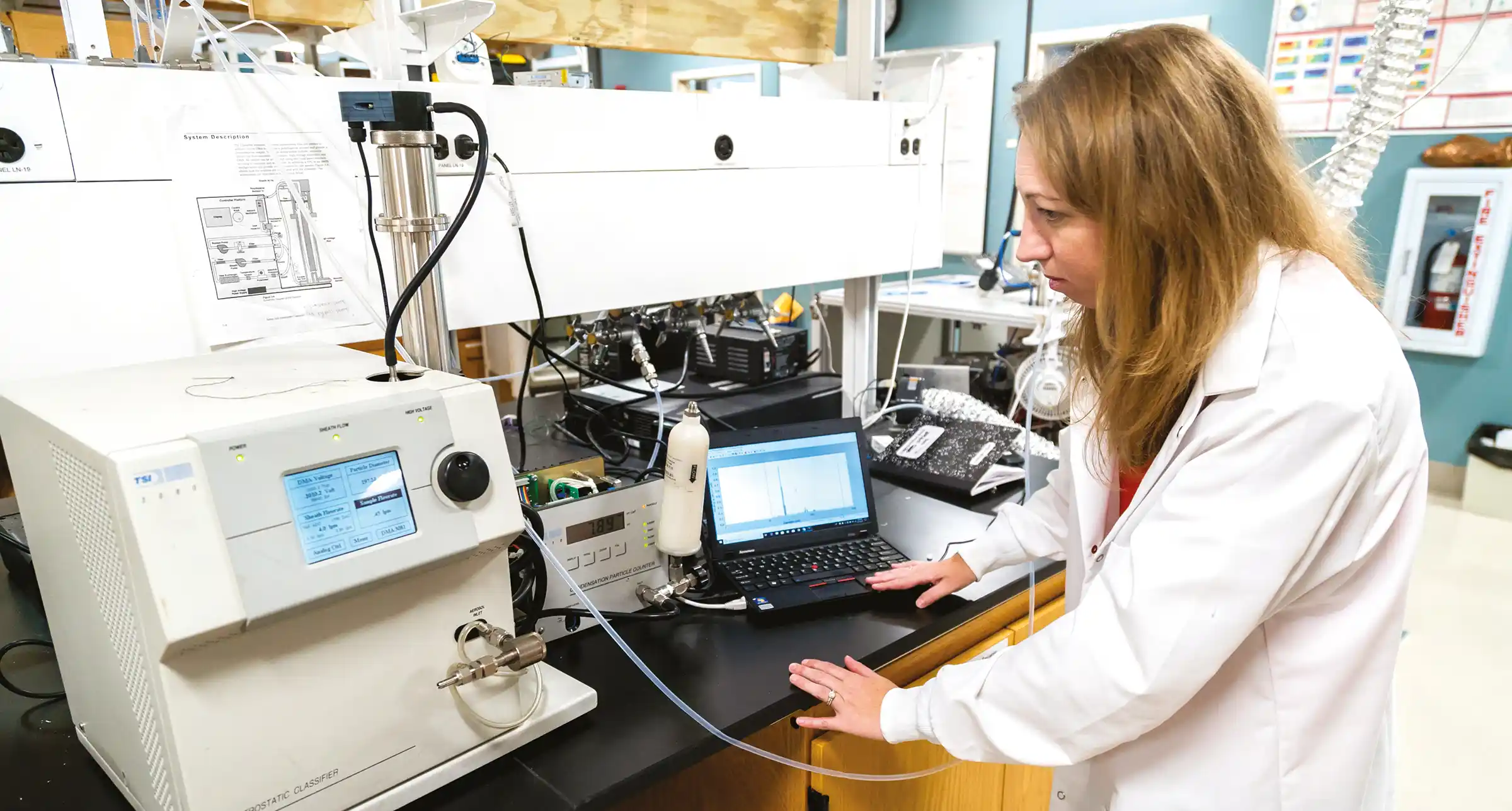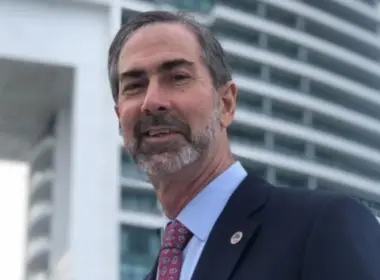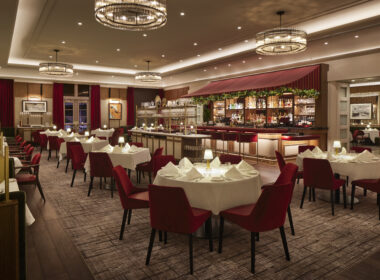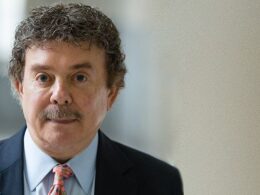University of Miami scientists acquire a grant to upgrade a critical air quality research center on the Caribbean island
By University of Miami Staff
For decades, scientists at the University of Miami’s Barbados Atmospheric Chemistry Observatory (BACO) have analyzed dust concentrations captured in clear mesh filters mounted atop a 55-foot tower on a Barbados bluff. The goal is to understand how these tiny particles affect clouds, climate, and air quality.
A major source of the dust is sand, which emanates from the North African Sahara Desert, driven by strong winds across the Atlantic and onward to Barbados – the first land mass in the Caribbean Basin – and from there to the Americas. Understanding how these particles are produced and transported serves as a critical indicator and predictor of climate change.
Despite the import of these observations, researchers who have worked at and relied upon data generated by BACO have long believed the observatory was underutilized. Now, a $1 million National Science Foundation (NSF) grant will unlock a much fuller potential.

“This funding is much more than an upgrade,” says Cassandra Gaston, an atmospheric chemist at the University of Miami’s Rosenstiel School of Marine, Atmospheric, and Earth Science who has operated BACO for the past three years, and who spearheaded the grant proposal to refurbish the site. “It’s really a rebirth, a reimagining,” she says. “We’ll still deploy filters to look at African dust transport, but the new instruments we’re getting will allow us to take measurements we’ve never been able to do before.”
The expected suite of new instrumentation – from a trace metal monitor to an aerosol chemical speciation device – will allow researchers to improve climate models in real-time by measuring indicators of pollution, smoke, black carbon, and ocean emissions. An upgraded BACO facility, including a replacement for its 3.5-story tower, should help attract researchers from the university and around the world to conduct their own research, as well as fuel additional collaborations with the Rosenstiel School.
Paquita Zuidema, professor and chair of UM’s Department of Atmospheric Sciences – who partnered with Gaston on the NSF grant proposal and whose research focuses on the relationship of warm, shallow clouds to the large-scale environment – says an upgraded BACO will allow her to “puzzle out” how dust and smoke affect trade wind cumulus clouds. A revamped Barbados facility will also directly impact research to be conducted at UM’s Center for Aerosol Science and Technology, which officially launches early next year. The center will prompt multiple interdisciplinary collaborations in the study of how aerosols affect the environment, climate, and human health.
Pratim Biswas, a renowned aerosol scientist and dean of UM’s College of Engineering, envisions using smaller aerosol-monitoring sensors from his lab in concert with newly installed instruments at the Barbados site to conduct air-quality studies of all kinds. “BACO has generated a tremendous volume of data,” says Biswas, who also partnered with Gaston on the NSF grant proposal. “With the improvements, it’ll only get better.”
For Joseph Prospero, the legendary atmospheric scientist and Rosenstiel School emeritus professor who established the observatory at Ragged Point on the easternmost edge of Barbados in 1971, the impending upgrades are a dream come true. Back in the 1960s, it was Prospero and his colleague, Toby Carlson, who discovered the phenomenon of Saharan dust transport and the Saharan air layer, reporting their findings in leading scientific journals. Today, reporting by meteorologists about Saharan dust has become part of routine weather forecasts.
“Now, the work that we’re continuing to do, looking at the relationship of Saharan dust to weather and climate, is all the more important,” says Prospero.












